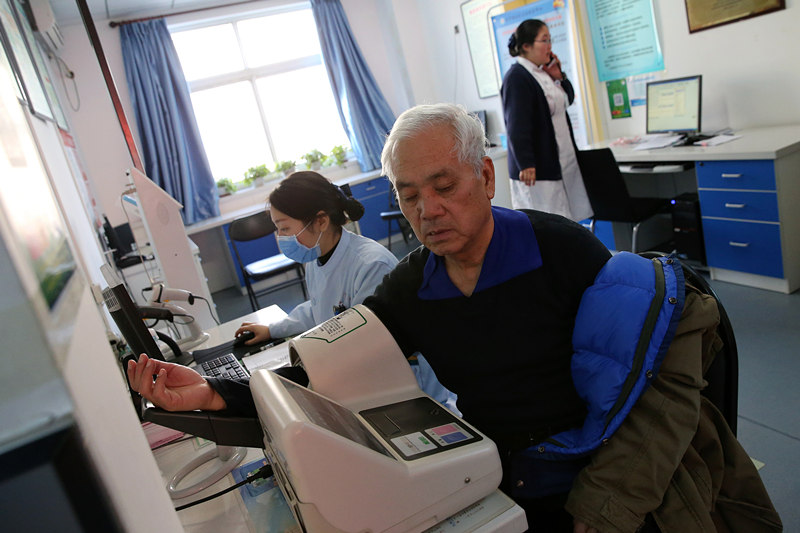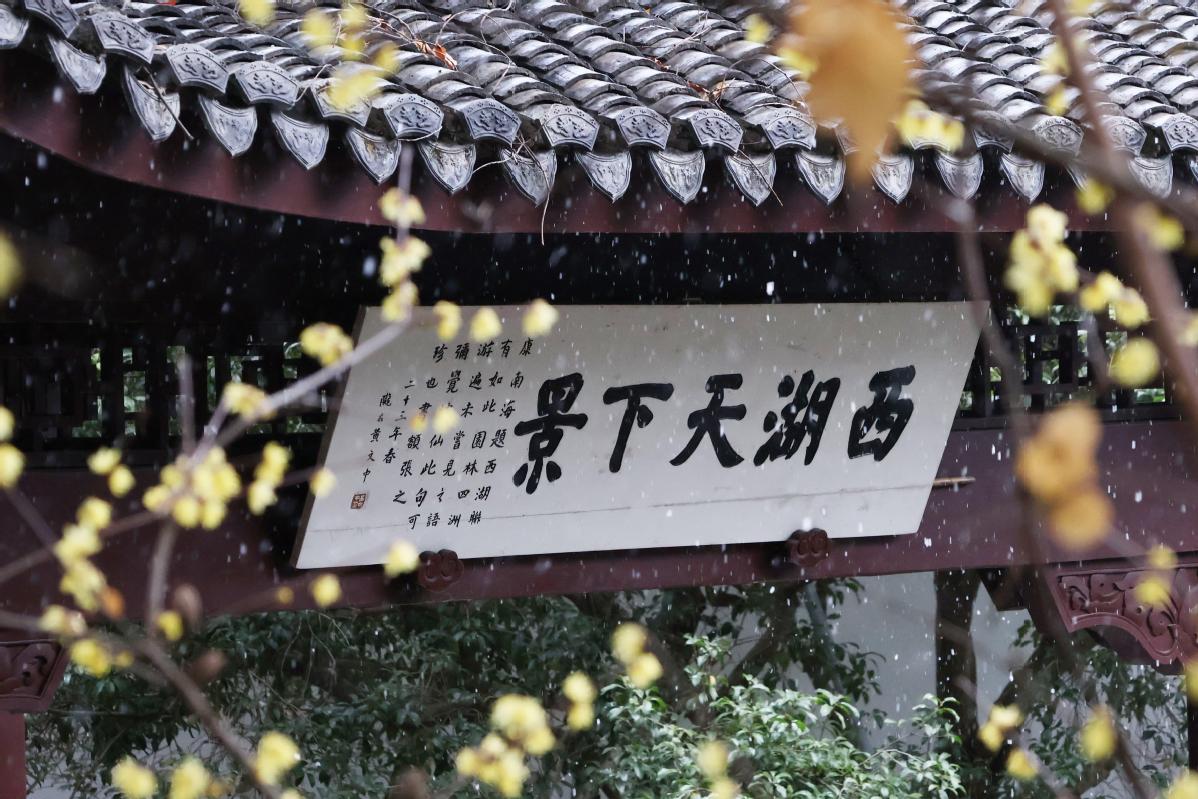GP shortage hampers family doctor service


In recent years, China has promoted GP services, and in 2010, Beijing was one of the first cities to launch a pilot. The program is expected to help solve problems such as the soaring medical expenditure caused by the rising incidence of chronic illnesses and the imbalance in the distribution of medical resources, which are usually concentrated in big hospitals.
According to a guideline released by six central government departments last year, the contracted family doctor service is expected to cover the entire population and provide long-term, stable services, including basic care, public health provision and health management advice.
People can attend community health centers to register and sign yearly service contracts with a GP group, which usually consists of at least one general practitioner and a nurse. All members of a family are encouraged to sign contracts with the same GP group.
Those who sign up for the service enjoy advantages such as being eligible to receive a larger number of drugs on each prescription, priority referral to tertiary hospitals, higher medical bill reimbursement and home visits by GPs.
Patients pay a set fee every year after signing their contract. The fee, which varies according to their home area, is never more than a few hundred yuan, and is usually partially or fully offset by a government subsidy. In Beijing, the subsidy covers the full annual cost.
Advantages
Liu Dan, a GP at the Xiluoyuan Community Health Service Center in Beijing's Fengtai district, said family doctors offer residents many advantages compared with specialist physicians at large hospitals.
"We know almost all the patients we receive and are familiar with their conditions, which helps us to provide continuous health management," she said. "We place greater focus on the entire family rather than individuals."
One of Liu's patients is a 70-something woman who, despite diabetes and difficulty moving, always attends the surgery on her own. When Liu asked why, the patient said her husband has had a stroke and is unable to move.
At Liu's suggestion, the patient registered her husband with a home-based senior healthcare program in the community. The program provides basic services, such as checkups and nursing care, at home.
According to Wu Haitao, the center's director, the service, which is unique in Beijing, is aimed at seniors with special difficulties, such as the partially disabled and people living on their own, who have signed up for GP services to ensure regular health management and medical care.
By Monday, 155 seniors in the community were covered by the service, which is provided by more than 50 medical professionals from the center, he said.
About 19,000 people in Xiluoyuan, which has a population of 86,000, had signed GP contracts by the same date, he added.
- Former Hainan official sentenced in bribery case
- Hangzhou residents enjoy rare snowfall
- Artificial reefs part of successful marine conservation efforts in Guangdong
- Zigong lantern festival combines cultural heritage with advanced technology
- Woman executed for abusing and killing stepdaughter
- Zhangjiakou academy students hit Olympic ski slopes as winter break begins





































